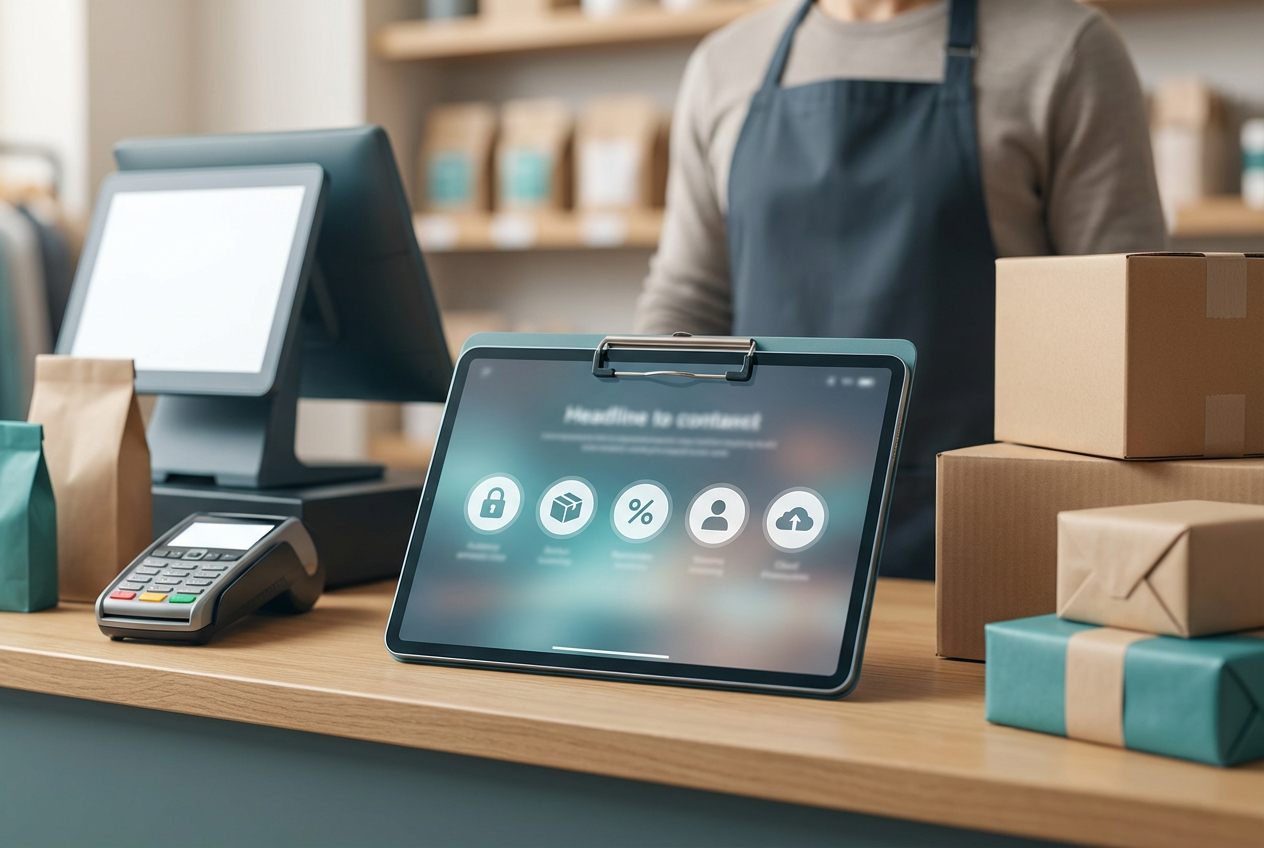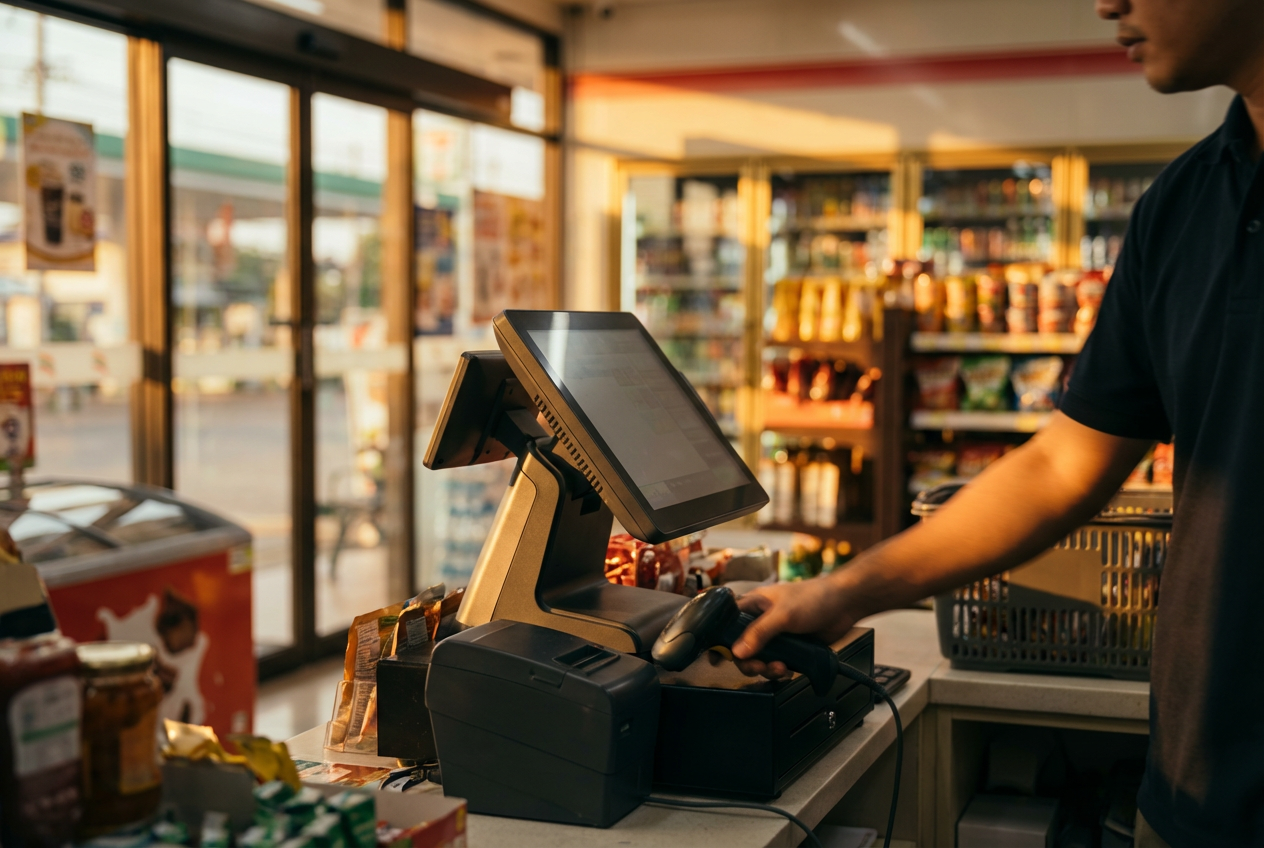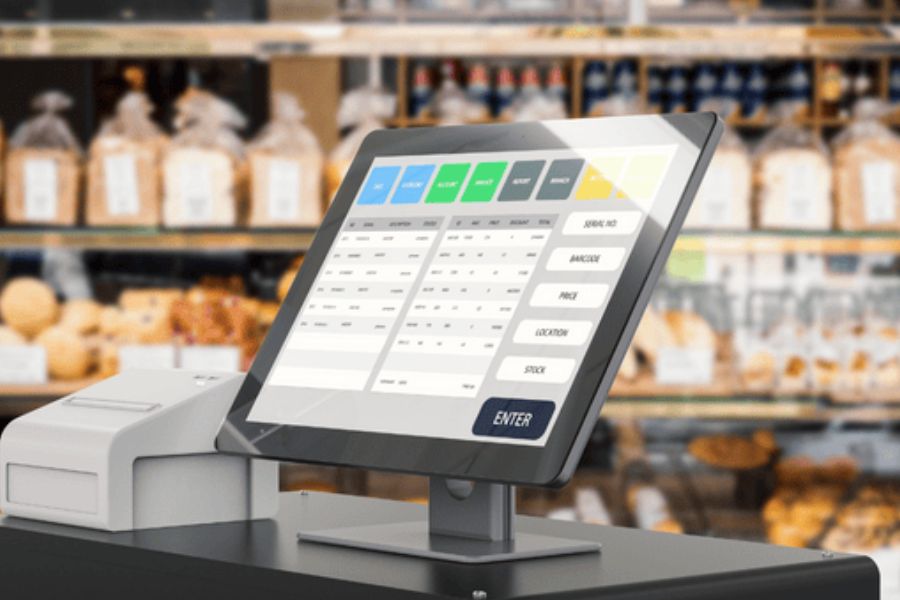In the dynamic world of retail, department stores remain powerful players, offering a one-stop shopping experience across multiple product categories—from fashion and cosmetics to electronics and home goods. Despite the rise of eCommerce and shifting consumer habits, leading department store chains continue to evolve, leveraging technology, sustainability, and global expansion to maintain their dominance.
This article explores the top 10 largest department store companies shaping the global retail industry in 2025, based on revenue, brand presence, market share, and innovation.
Walmart Inc. – USA
Headquarters: Bentonville, Arkansas
2024 Revenue: Over $600 billion
Global Reach: 20+ countries
Although technically classified as a hypermarket, Walmart’s massive scale and department store format make it the undisputed leader in global retail. Walmart continues to dominate with its low-price strategy, robust supply chain, and omni-channel integration.
Why It Leads:
- Extensive global footprint
- Sophisticated inventory and logistics systems
- Strong eCommerce platform and in-store integration
Costco Wholesale Corporation – USA
Headquarters: Issaquah, Washington
2024 Revenue: Over $250 billion
Presence: 14 countries
Costco operates on a membership model and maintains a large-format warehouse club approach. However, its department-style store layout and vast selection of consumer goods place it squarely in the conversation of top global retailers.
Key Strengths:
- Loyal membership base
- High sales per square foot
- Efficient inventory turnover
El Corte Inglés – Spain
Headquarters: Madrid, Spain
2024 Revenue: ~$18 billion
Presence: Spain, Portugal, international online markets
El Corte Inglés is Europe’s largest department store chain and a major influence in luxury, fashion, and lifestyle retail. Its flagship locations often span multiple floors with a wide range of services, from travel to gourmet food.
►►► Optimal solution set for businesses: Multi store POS, Next-gen POS, Inventory Management Software (MSI), Self Service, Automation, Backorders

What Sets It Apart:
- Strong focus on premium brands
- Exceptional customer service
- In-store services like travel, insurance, and tailoring
Hudson’s Bay Company (HBC) – Canada
Headquarters: Toronto, Canada
2024 Revenue: ~$8 billion (including Saks and Hudson’s Bay)
Operations: Canada, USA
Founded in 1670, HBC is one of the oldest retailers in the world. Its subsidiaries, including Saks Fifth Avenue and Hudson’s Bay, continue to play a leading role in the North American department store scene.
Advantages:
- Luxury positioning through Saks
- Heritage branding
- Digital transformation initiatives
Isetan Mitsukoshi Holdings – Japan
Headquarters: Tokyo, Japan
2024 Revenue: ~$12 billion
Locations: Japan, Singapore, Malaysia, China
This Japanese department store giant is known for its exceptional customer service, immaculate presentation, and premium product lines. It serves as a cultural icon, particularly in cities like Tokyo and Osaka.
Standout Features:
- Personalized services
- Impressive food halls and fashion floors
- Emphasis on Japanese and international luxury goods
Galeries Lafayette Group – France
Headquarters: Paris, France
2024 Revenue: ~$6 billion
Flagship Store: Boulevard Haussmann, Paris
One of Europe’s most iconic department stores, Galeries Lafayette is known for blending retail with culture and tourism. It hosts millions of international visitors annually and continues to expand its digital commerce platform.
Differentiators:
- Landmark flagship experience
- Trend-focused collections
- Popularity with global tourists
Nordstrom, Inc. – USA
Headquarters: Seattle, Washington
2024 Revenue: ~$14 billion
Operations: USA, Canada
Nordstrom blends department store convenience with high-end fashion curation. Its loyalty programs, Nordstrom Rack division, and investment in digital and fulfillment technology have kept it competitive in a tough market.
Key Features:
- Strong eCommerce presence
- Emphasis on customer experience
- Off-price and full-price model
Marks & Spencer (M&S) – UK
Headquarters: London, England
2024 Revenue: ~$14 billion
Operations: UK, Europe, Asia, Middle East
M&S is a British institution with a focus on fashion, food, and household goods. In recent years, it has undertaken massive efforts to modernize its digital capabilities, food division, and fashion lines.
Notable Strengths:
- High-quality private label goods
- Food hall success
- Brand loyalty in the UK
Kohl’s Corporation – USA
Headquarters: Menomonee Falls, Wisconsin
2024 Revenue: ~$17 billion
Reach: 1,000+ stores across the U.S.
Kohl’s blends department store selection with discount store pricing. Its recent partnership with Sephora has revitalized foot traffic and broadened its appeal to beauty and lifestyle shoppers.
Competitive Advantages:
- Value-oriented pricing
- Successful brand partnerships (Nike, Levi’s, Sephora)
- Integrated loyalty and app-based promotions
Takashimaya Co., Ltd. – Japan
Headquarters: Osaka, Japan
2024 Revenue: ~$8 billion
Presence: Japan, Singapore, Vietnam, Thailand
Takashimaya remains a major force in Asia’s luxury department store market. With a rich history and a reputation for sophistication, its stores blend tradition with premium retail offerings.
Highlights:
- Elegant in-store aesthetics
- High-end brand assortment
- Cultural events and exhibits in-store
Trends Driving Department Store Success in 2025
Omnichannel Integration: Top-performing department stores are seamlessly blending in-store and online experiences. Features like “buy online, pick up in store” (BOPIS), mobile checkout, and smart fitting rooms are standard in top chains.
Experiential Retail: Physical stores are evolving into experience hubs. From fashion shows and beauty salons to cafés and travel services, department stores are creating memorable experiences that can’t be replicated online.
Private Labels and Collaborations: Retailers are leaning into exclusive brands, influencer collaborations, and in-house labels to differentiate themselves and increase margins.
Sustainability and Transparency: Eco-conscious consumers are demanding sustainable packaging, ethical sourcing, and carbon-neutral operations. Leaders like M&S and Nordstrom are investing heavily in sustainability.
Global Expansion through Franchising: Brands like Galeries Lafayette and Takashimaya are expanding in Asia and the Middle East through joint ventures and franchising, helping boost global visibility.
Challenges Facing Department Stores
Despite their scale, department stores face significant hurdles in 2025:
- E-commerce competition: Amazon and other pure-play online retailers are eating into department store market share.
- Real estate costs: Maintaining large store footprints is expensive.
- Changing consumer behavior: Shoppers are demanding more convenience and personalization.
- Supply chain volatility: Global disruptions continue to impact inventory and delivery timelines.
Final Thoughts: The Role of Department Stores in the Future of Retail
Department stores have endured massive disruptions, yet many remain at the forefront of retail innovation. The largest global players continue to reimagine what a department store can be—blending technology, personalization, and immersive experiences.
As we move through 2026 and beyond, the department store format is not obsolete—it’s evolving. Companies that adapt to new consumer expectations while staying true to their core strengths will continue to thrive.
►►► Optimal solution set for businesses: Shopify POS, Magento POS, BigCommerce POS, WooCommerce POS, NetSuite POS, E-Commerce POS




